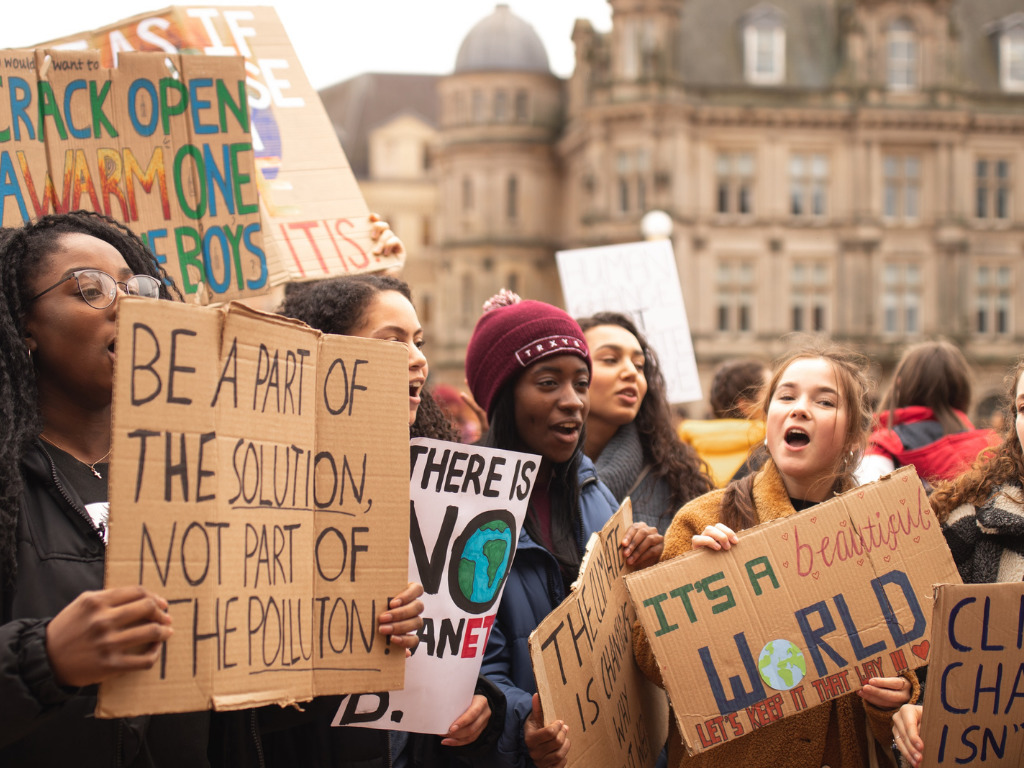3 Mins Read
New research into the climate crisis calls for an unconventional tool: “placing people at the heart of climate action.”
According to the research, published in the journal PLOS CLIMATE, “profound societal change along with continued technical improvements will be required to meet our climate goals, as well as to improve people’s quality of life and ensure thriving economies and ecosystems.”
The research team, led by the University of Exeter, says achieving the urgent and necessary transformations laid out in the IPCC’s recent report “will require placing people at the heart of climate action.”
The findings
Professor Patrick Devine-Wright, of Exeter’s Department of Geography and the Global Systems Institute, was also a Lead Author on the recent IPCC Working Group III report.
According to Devine-Wright, tackling climate change can’t happen solely through technology, such as those to tackle emissions. “We must build on the strong social science knowledge base and develop a more visible, responsive, and interdisciplinary-oriented social science that engages with people and is valued in its diversity by decision-makers from government, industry, civil society, and law,” the researchers say.

“Further, we need to design interventions that are both effective at reducing emissions and achieve wider societal goals such as wellbeing, equity, and fairness. Given that all climate solutions will involve people in one way or another, the social sciences have a vital role to play.”
The research is the first paper as part of the new Advancing Capacity for Climate and Environment Social Science (ACCESS) program.
“If people are at the heart of climate action, then understanding and tackling climate change cannot be done by engineers or natural scientists alone,” the researchers explain.”
Global climate impact
Climate change is disproportionately affecting poorer communities across the globe. For many, this means conditions too hot to work in, as recently seen across India and Pakistan where temperatures soared to 92°F daily averages in March and April.
The impact of extreme weather events as a result of climate change means more pressure on already vulnerable food systems, decreased crop yields, and rising sea levels, which threatens nearly half the world’s population—more than three billion people live within 125 miles of coastlines.

It’s also taking a toll on forests and the millions who call the world’s forests home. Specifically, the Amazon rainforest is under severe threat as a result of human interference, mainly by way of logging and animal agriculture—two activities that perpetuate heavy fire seasons and habitat loss for animals and the Indigenous communities.
“All disciplines need to work together – not least a range of social sciences including political science, sociology, geography and psychology – to find solutions in ways that achieve wider societal goals,” the researchers say.
“Given that all climate solutions will involve people in one way or another, the social sciences have a vital role to play.”
Lead photo by Callum Shaw on Unsplash




